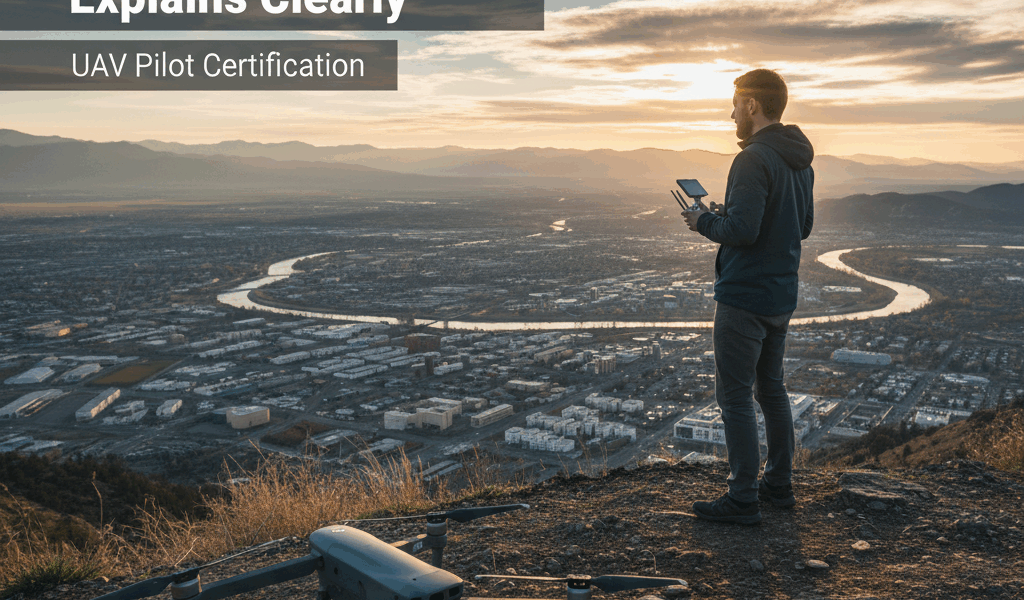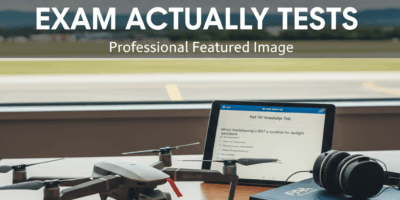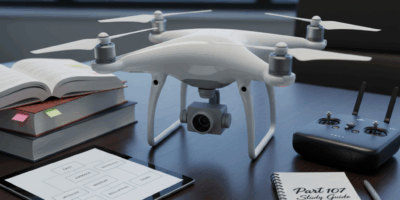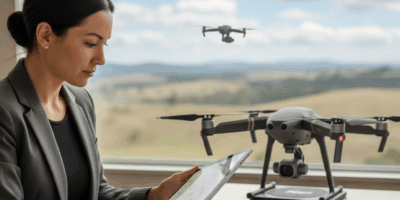How to Ace the Drone Operator Exam
The drone operator exam can appear daunting, but with structured preparation, success is within reach. Knowledge is your most valuable tool.
Understand the Exam Format
Familiarize yourself with the exam structure. Most drone operator exams consist of multiple-choice questions. These will test your understanding of regulations, airspace classifications, and drone operations. Knowing the format allows you to tailor your study strategy effectively.
Study the Regulations

Regulations are a significant part of the exam. Focus on the rules set by aviation authorities like the Federal Aviation Administration (FAA) in the United States or the Civil Aviation Authority (CAA) in the UK. Key areas include airspace classifications, operational limits, and the importance of maintaining line of sight.
Key Points to Study:
- Part 107 regulations (for FAA)
- CAA’s CAP 722 guidance
- Airspace classifications and restrictions
- Operational limits of drones
- Requirements for maintaining visual line-of-sight
Aeronautical Knowledge
Your knowledge of aeronautical concepts is essential. Understand weather patterns and their impact on drone operations. Study chart symbols and what they represent. Learn to read sectional charts and understand different airspace classes.
Topics to Focus On:
- Weather patterns and conditions
- Interpreting METARs and TAFs
- Sectional chart symbols
- Identifying controlled and uncontrolled airspace
- Aeronautical decision-making processes
Practice with Sample Tests
Practice exams replicate the format and type of questions on the actual test. They help identify knowledge gaps and improve time management skills. Many online resources offer free sample tests and question banks. Make use of these resources to build confidence.
Invest in Study Guides and Courses
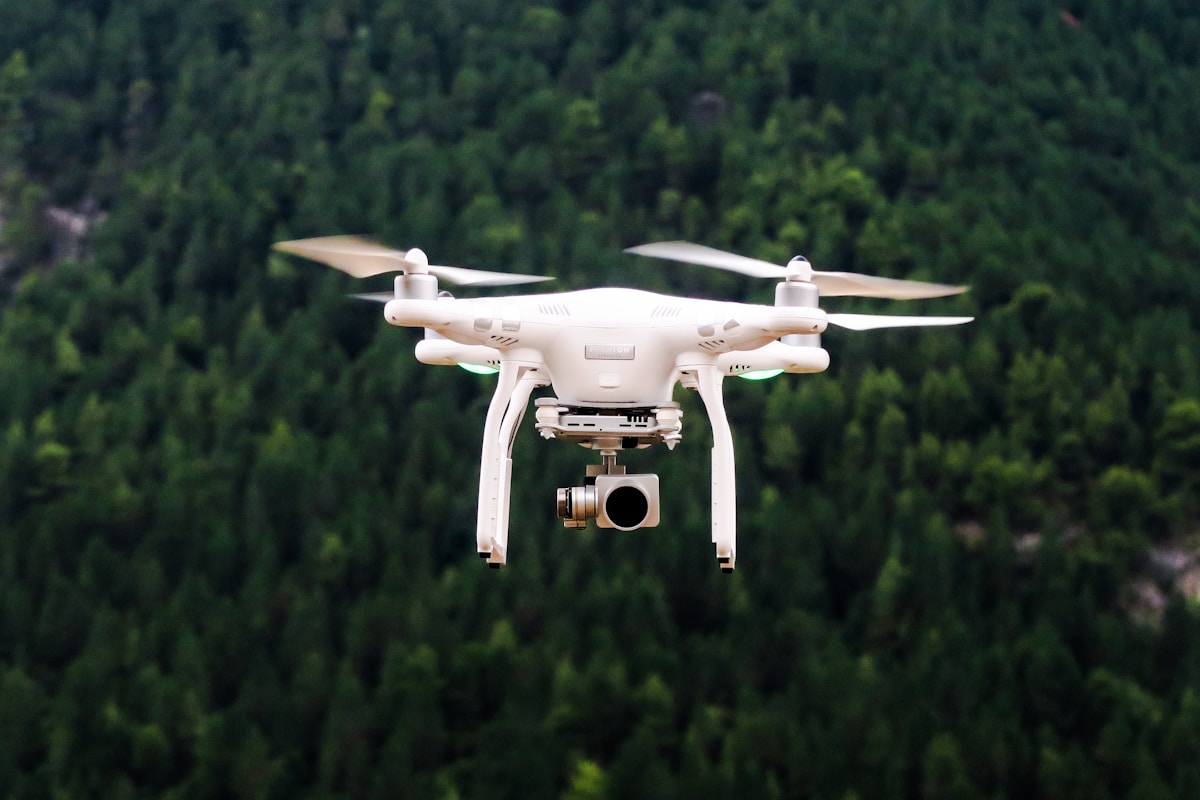
Invest in quality study guides and courses. These resources are designed to cover all topics comprehensively. They often provide tips on how to approach questions and manage your study time effectively. Some recommended resources include:
- Official FAA Remote Pilot – Small Unmanned Aircraft Systems Study Guide
- Part 107 Online Test Preparation Courses
- Drone Pilot Ground School
- RemotePilot101
- Skyborne Academy
Join a Study Group
Study groups offer a supportive environment to share knowledge and resources. They provide opportunities to discuss and clarify difficult concepts. Join local or online study groups. These groups may offer additional materials and sample tests. Collaboration often results in a deeper understanding of the materials.
Ensure Hands-On Practice
Practical experience is invaluable. Familiarize yourself with your drone’s controls and flight characteristics. Conduct regular practice flights. This helps reinforce theoretical knowledge gained during your studies. Practical experience ensures you can apply what you’ve learned in real-world scenarios.
Hands-On Tips:
- Practice basic maneuvers (takeoff, landing, hovering)
- Simulate emergency procedures
- Respect no-fly zones
- Practice flying in different weather conditions
- Understand your drone’s technical specifications
Review Learning Materials Frequently
Regular review helps retain information. Create a study schedule to ensure consistent revision of all topics. Use flashcards for quick review sessions. Incorporate breaks to avoid burnout.
Effective Review Strategies:
- Daily study sessions
- Weekly topic reviews
- Flashcards for quick facts
- Interactive quizzes
- Mind maps to visualize concepts
Get Adequate Rest Before the Exam
Rest is vital before taking any exam. A well-rested mind performs better. Ensure you get adequate sleep the night before. Avoid cramming last-minute. A fresh and focused mind will improve your performance.
Stay Informed About Updates
Stay informed about any changes in drone regulations. Aviation regulations frequently update to address new safety concerns and technological advancements. Regularly check aviation authority websites for the latest information. This ensures your knowledge is current and accurate.
Use Authorized Equipment
Familiarize yourself with your specific drone model. Each model may have different specifications and operational requirements. Reading the user manual thoroughly is essential. Understanding your drone’s limitations and capabilities is crucial for practical questions in the exam.
Equipment Familiarization Tips:
- Read the user manual thoroughly
- Regularly update firmware
- Practice calibrating sensors
- Understand battery management
- Familiarize with remote control functions
Stay Calm During the Exam
Stay calm and composed during the exam. Read each question carefully and manage your time effectively. It’s crucial not to rush. Allow ample time to review your answers before submitting. Confidence in your preparation will reflect in your performance.
“`
